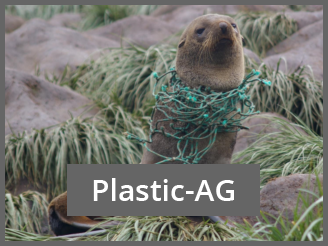The Ant-ICON SRP will answer fundamental science questions (as identified by the SCAR Horizon Scan), relating to the conservation and management of Antarctica and the Southern Ocean and focus on research to drive and inform international decision-making and policy change.
The INSTANT SRP will address a first-order question about Antarctica’s contribution to sea level. It encompasses geoscience, physical sciences and biological sciences, of the way in which interactions between the ocean, atmosphere and cryosphere have influenced ice-sheets in the past, and what expectations will be in the future with a special focus on quantifying the contributions to global sea level change. They aim to quantify the Antarctic ice sheet’s contribution to past and future global sea-level change.
For previous Life Science SRPs, see Former Research Programmes.
Life Sciences Action and Expert Groups:
This Expert Group aims to establish a biologically focussed, integrated and coordinated Antarctic-wide observation system, to identify and track environmental variability and change at biologically relevant scales, and to use this information to inform biological, physical, and earth science studies. This group is co-sponsored by SCAR’s Life Sciences, Physical Sciences and Geosciences Groups.

The aim of this Action group will be to bring together experts in the field of Antarctic Wildlife Disease, to better understand, address and provide expert advice to the Antarctic community on the threat infectious diseases pose to Antarctic Wildlife.
This Expert Group aims to support and further develop an international community on sea-ice biogeochemistry, to stimulate the interaction between experimentalists and modellers working on this topic, and to help the community articulate research priorities and identify optimized and cost-effective approaches and research platforms in internationally resource-limited times.
This Expert Group aims to foster the application and development of biodiversity informatics (computationally-driven biodiversity science and information processing) in the SCAR community. It does this by coordinating and participating in a range of projects across the SCAR biodiversity science portfolio.
This Expert Group is tasked with providing expert knowledge and research leadership in all matters related to birds and mammals in the Antarctic, in order to support research that will quantify the role of birds and marine mammals in the Antarctic marine and terrestrial ecosystems.
Groundwater plays a key role in critical Antarctic climate, environmental and biological processes. Despite this importance, many concepts are still hypothetical, awareness is low, and direct observations are limited. The aim of this Action Group is to bring the international scientific communities together to better address this cross-disciplinary topic.
ICED is an international multidisciplinary programme launched in response to the increasing need to develop integrated circumpolar analyses of Southern Ocean climate and ecosystem dynamics.
This Action Group aims to facilitate coordinated investigation of chemical input to the Antarctic region, monitoring the routes through which toxic, environmental contaminants reach the continent.
This Expert Group aims to coordinate knowledge and international experience of physicians, psychologists, human physiologists and biologists who are actively engaged in medical support of Antarctic activity, as well as biomedical research in the Antarctic. This effort includes active linkages and integration to work in human biology and medicine in the Arctic, Space missions, and other extreme, remote and austere environments. This group is jointly sponsored by SCAR and the Council of Managers of National Antarctic Programs (COMNAP).
This Expert Group aims to examine the presence, origin and biological effects of macro-, micro- and nanoplastics, quantify the scale of the problem, and propose solutions for minimising the environmental risk and impacts on Polar ecosystems.
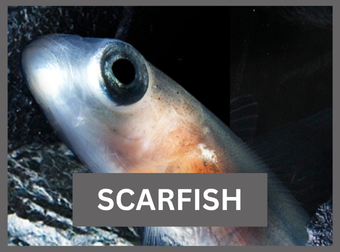
SCARFISH aims to foster collaboration to address critical gaps in Southern Ocean fish research, promote communication between policy and research communities, and broaden participation of Southern Ocean fish researchers across all axes of diversity.
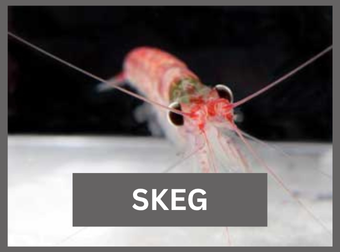
This Expert Group aims to provide a forum to guide research directions, promote collaboration, improve understanding of krill biology and ecology, and provide a forum for information exchange.
For previous Life Science Action and Expert Groups, see Former Groups.
The Antarctic as a cold, isolated, pristine environment is undergoing significant change through regional climate warming, ozone depletion, alien introductions, long range transport of contaminants and increased global attention as a scientific and tourist destination and a fisheries provider. Over the 21st century, the Antarctic is projected to warm by 3.4 ± 1°C and lose about 30% of its sea ice extent. Biologically, the Antarctic is a centre of evolutionary divergence and adaptation to polar extremes. Its diversity is now threatened by environmental changes occurring on short time scales that do not accommodate natural selection.


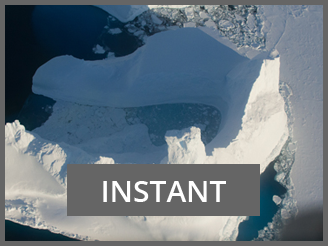 INStabilities & Thresholds in ANTarctica (INSTANT)
INStabilities & Thresholds in ANTarctica (INSTANT)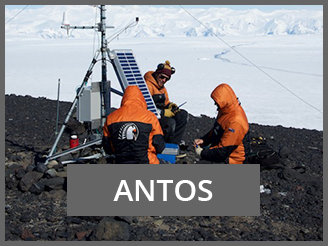 Antarctic Near-shore and Terrestrial Observing System – ANTOS
Antarctic Near-shore and Terrestrial Observing System – ANTOS
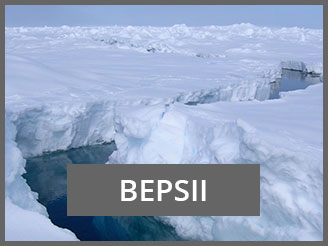 Biogeochemical Exchange Processes at the Sea-Ice Interfaces – BEPSII
Biogeochemical Exchange Processes at the Sea-Ice Interfaces – BEPSII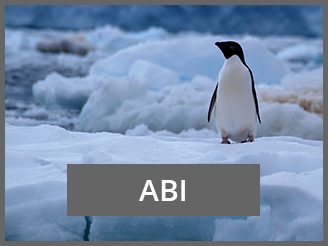 Expert Group on Antarctic Biodiversity Informatics – EG-ABI
Expert Group on Antarctic Biodiversity Informatics – EG-ABI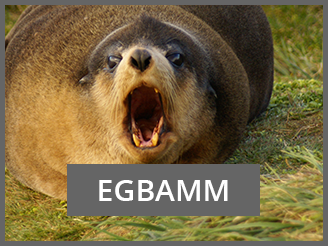 Expert Group on Birds and Marine Mammals – EG-BAMM
Expert Group on Birds and Marine Mammals – EG-BAMM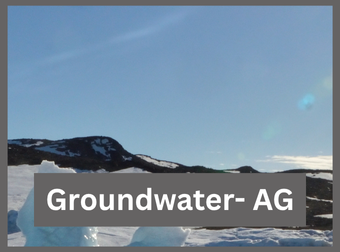
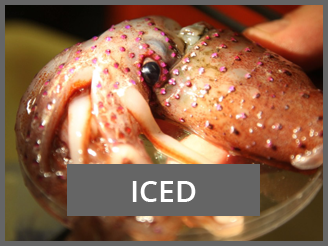 Integrating Climate and Ecosystem Dynamics in the Southern Ocean – ICED
Integrating Climate and Ecosystem Dynamics in the Southern Ocean – ICED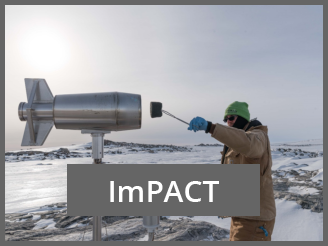
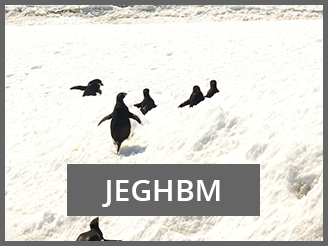 Joint Expert Group on Human Biology and Medicine – JEGHBM
Joint Expert Group on Human Biology and Medicine – JEGHBM